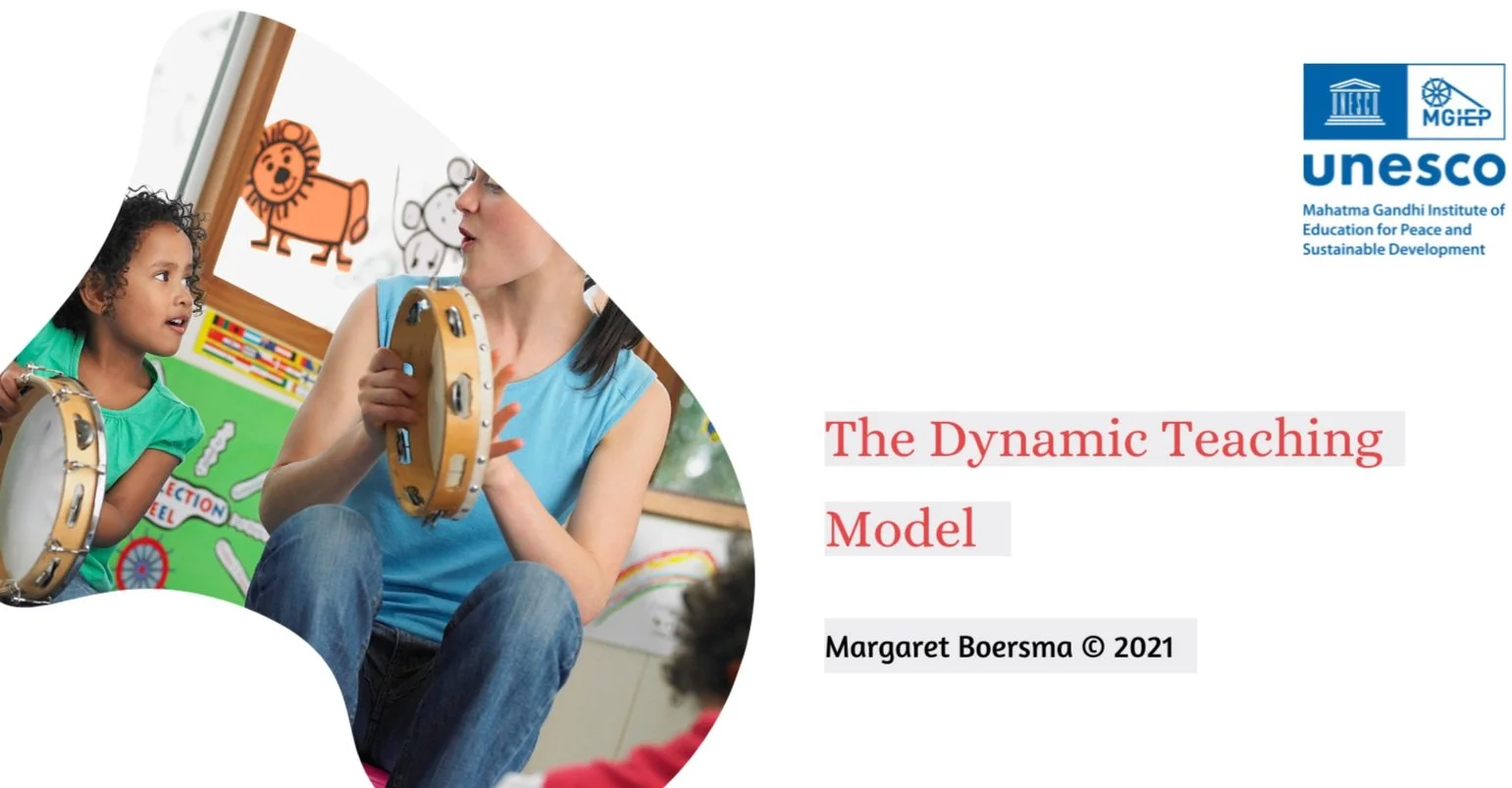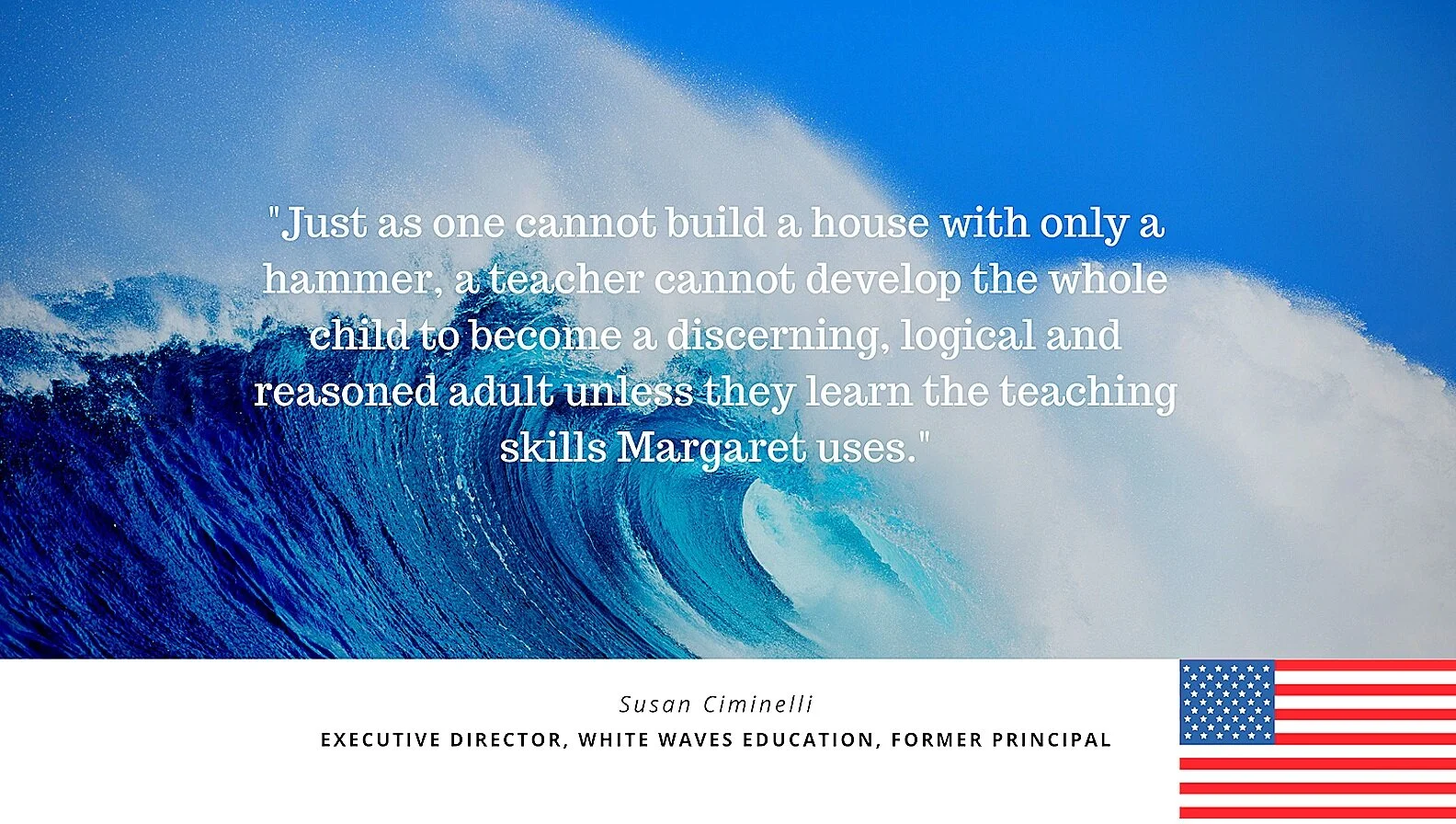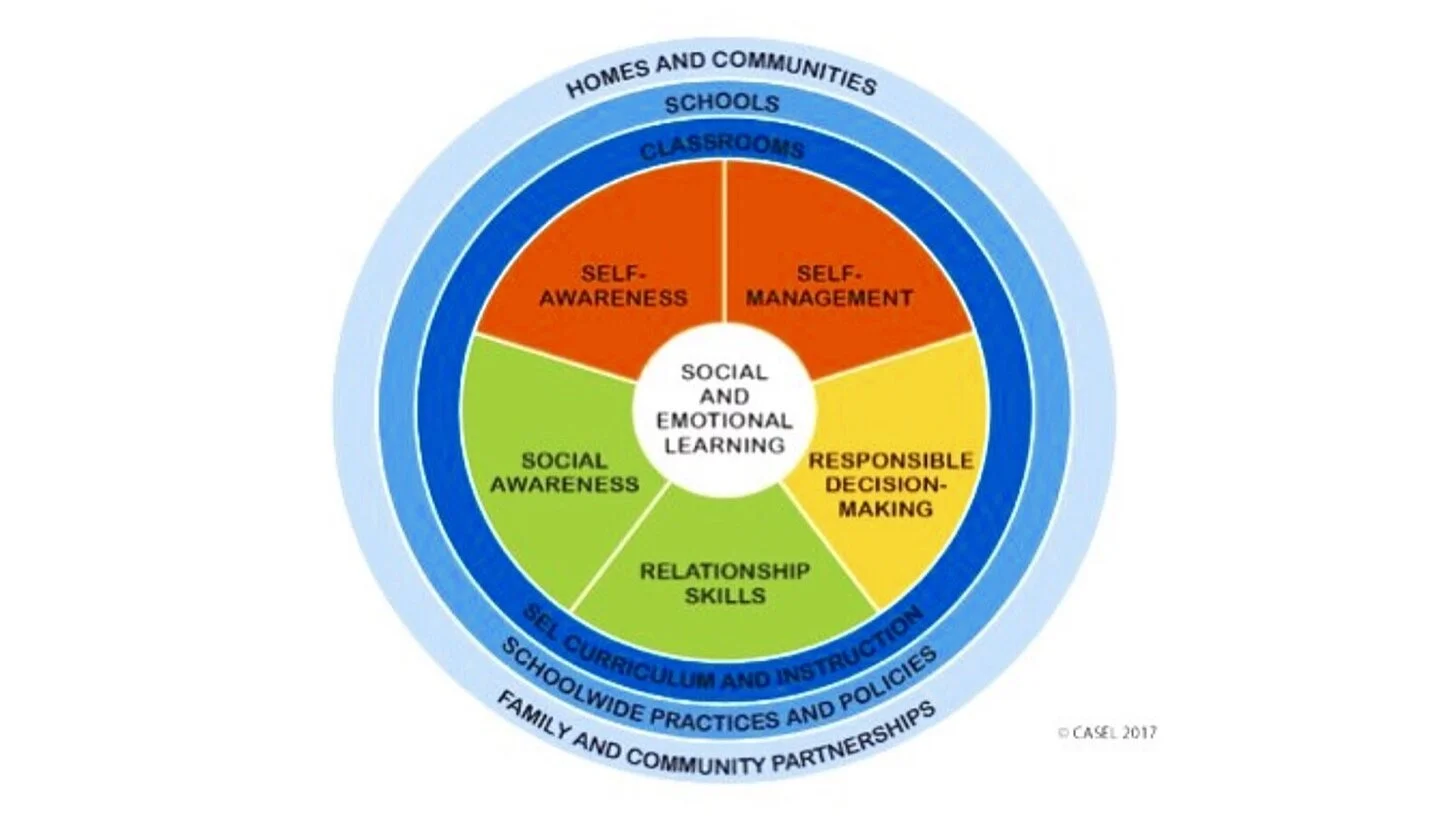Analogical Problem-Solving ™ is what I call teaching by living inside a story such as the Us and Them unit. Students have agency/voice to make decisions inside their class story, an analogy of life. As teachers, we carefully follow their suggestions and integrate lessons as we plan strategies that allow them to discover their learning. Students learn real-life lessons without real-life consequences. They realize at a profound level that we have so much in common. We are all connected. Ultimately the students decide war is not worth the enormous human cost. And they internalize that we are all part of the human race.
Read MoreAnalogical Problem-Solving ™ is what I call teaching by living inside a story such as the Us and Them unit. Students have agency/voice to make decisions inside their class story, an analogy of life. As teachers, we carefully follow their suggestions and integrate lessons as we plan strategies that allow them to discover their learning. Students learn real-life lessons without real-life consequences. They realize at a profound level that we have so much in common. We are all connected. Ultimately the students decide war is not worth the enormous human cost. And they internalize that we are all part of the human race.
Read MoreFor years we thought the primary emphasis in school should be to teach digital technology to our students. The Information Era would solve everything! Mind you, tech skills are absolutely essential. But, this emphasis, at the exclusion of something else, has placed a couple of generations at a major disadvantage! How do you say? Let’s explore in our latest SEL Blog below where Margaret Boersma, an instructional coach and education consultant, writes about the importance of emotional well-being in classrooms. #SocialEmotionalLearning
Read MorePast and present speaker at the Reading for the Love of It conference, Margaret Boersma prepared a reading list specific to the issues of this past year, to work on mindful practices that focus on creating well-being and focus for students and teachers alike. Take the time to check out these web links…
Read MoreWhen students have the opportunity to defend their point of view or articulate their ideas more fully, I often become aware of their inability to communicate. Even with ample “wait time,” they stammer, can’t find the words or don’t express their ideas in full. The listener is left guessing at the meaning and several exchanges are needed to clarify rather simple thoughts.
Read MoreChildren learn best through discovery. So inductive teaching helps deepen retention. With inductive learning, students experience things and draw their own conclusions. Wrestling with the concepts allows them to uncover their learning. As teachers, we often wonder why our students haven’t retained the basics from year to year. Students retain when they discover their learning.
Read MoreFocusing on academics can create a disempowering context when we are not able to get our students to learn the specific concepts for the grade within the time given. Our stress transfers to our students and causes them to react, setting up a situation in which social and emotional learning (SEL) skills are urgently needed. Then we resign ourselves to reacting to behaviours inconducive to learning. However, the SEL skills we teach don’t go deep enough, in part because they are reactive, rather than pro-active, and therefore, ineffective.
Read MoreAs you self-select your current state, you may find you have a solid working relationship with a number of your students who are thriving, as individuals. And, with the same class, you may find yourself in a state of dysfunction with a number of students. Allow yourself to think of your class as a whole. Consider the observable behaviours I am about to share, as they pertain to your students in general. And, also consider your own experience.
Read More















Analogical Problem-Solving ™ is what I call teaching by living inside a story such as the Us and Them unit. Students have agency/voice to make decisions inside their class story, an analogy of life. As teachers, we carefully follow their suggestions and integrate lessons as we plan strategies that allow them to discover their learning. Students learn real-life lessons without real-life consequences. They realize at a profound level that we have so much in common. We are all connected. Ultimately the students decide war is not worth the enormous human cost. And they internalize that we are all part of the human race.